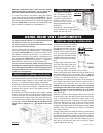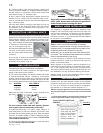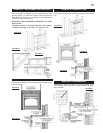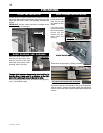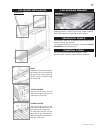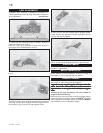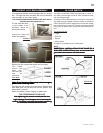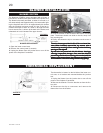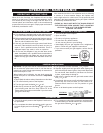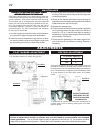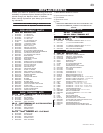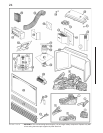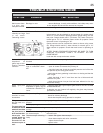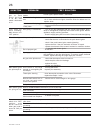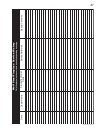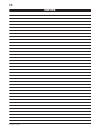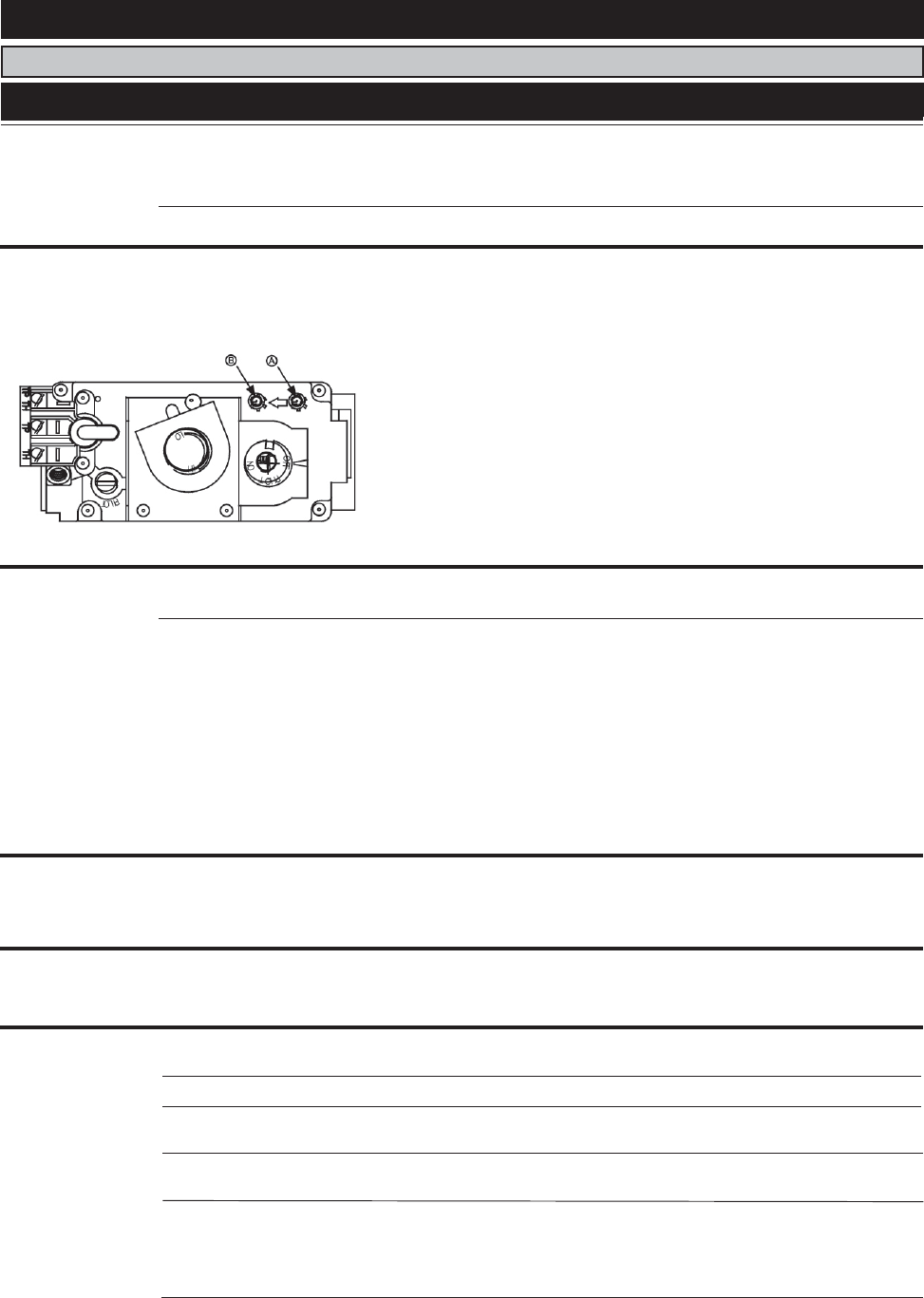
25
W415-0434 / C / 03.24.05
White / grey film
forms.
Sulphur from fuel is being
deposited on glass, logs or
combustion chamber sur-
faces.
- clean the glass with a gas fireplace glass cleaner. DO NOT CLEAN
GLASS WHEN HOT.
If deposits are not cleaned off regularly, the glass may become
permanently marked.
Carbon is being
deposited on
glass, logs or com-
bustion chamber
surfaces.
Flame is impinging on the
logs or combustion cham-
ber.
- check that the logs are correctly positioned.
- open air shutter to increase the primary air.
- check the input rate: check the manifold pressure and orifice size
as specified by the rating plate values.
- check that the door gasketing is not broken or missing and that the
seal is tight.
- check that both 4" and 7" vent liners are free of holes and well
sealed at all joints.
- check that minimum rise per foot has been adhered to for any
horizontal venting.
Air shutter has become
blocked
- ensure air shutter opening is free of lint or other obstructions.
Pilot goes out when
the gas knob is re-
leased.
The gas valve has
an interlock device
which will not allow
the pilot burner to
be lit until the ther-
mocouple has
cooled. Allow ap-
proximately 60
seconds for the
thermocouple to
cool.
System is not correctly
purged.
- purge the gas line with the glass door open.
Out of propane gas. - fill the tank.
Pilot flame is not large
enough
- turn up the pilot flame.
- gently twist the pilot head to improve the flame pattern around the
thermocouple.
Pilot flame is not engulfing
the thermocouple.
Thermocouple shorting /
faulty.
- loosen and tighten thermocouple.
- clean thermocouple and valve connection.
- replace thermocouple.
- replace valve.
Faulty valve.
- replace.
Main burner flame
is a blue, lazy,
transparent flame.
Blockage in vent. - remove blockage. In really cold conditions, ice buildup may occur
on the terminal and should be removed as required.
Incorrect installation.
- refer to Figure 13 to ensure correct location of storm collars.
Flames are con-
sistently too large
or too small.
Carboning occurs.
- check pressure readings:
Inlet pressure can be checked by turning screw (A) counter-clock-
wise 2 or 3 turns and then placing pressure gauge tubing over the
test point. Gauge should read 7" (minimum 4.5") water column for
natural gas or 13" (11" minimum) water column for propane. Check
that main burner is operating on "HI".
Outlet pressure can be checked the same as above using screw
(B). Gauge should read 3.5" water column for natural gas or 10"
water column for propane. Check that main burner is operating on
"HI".
AFTER TAKING PRESSURE READINGS, BE SURE TO TURN
SCREWS CLOCKWISE FIRMLY TO RESEAL. DO NOT
OVERTORQUE.
Leak test with a soap and water solution.
Unit is over-fired or under-
fired.
Exhaust fumes
smelled in room,
headaches.
Fireplace is spilling. - check door seal and relief flap seal.
- check for chimney blockage
- check that the paint curing process is complete
TROUBLE SHOOTING GUIDE
SYMPTOM PROBLEM TEST SOLUTION
B
EFORE ATTEMPTING TO TROUBLESHOOT
,
PURGE YOUR UNIT AND INITIALLY LIGHT THE PILOT AND THE MAIN BURNER WITH THE GLASS DOOR OPEN
.



